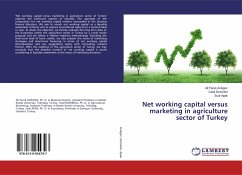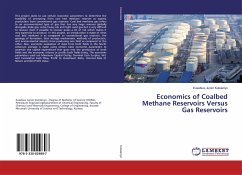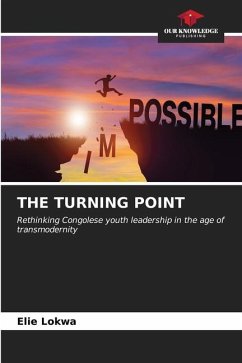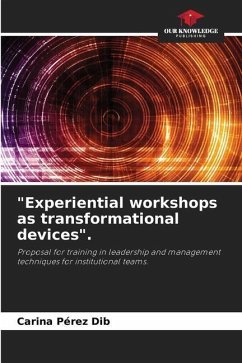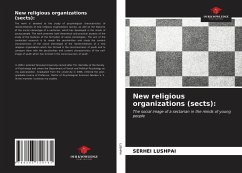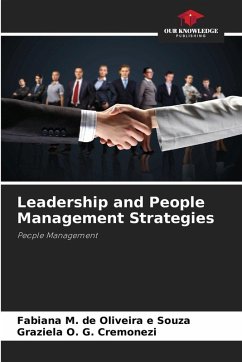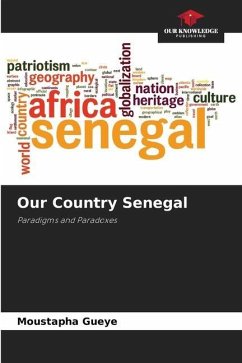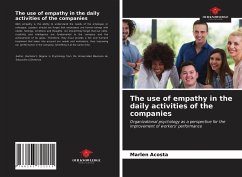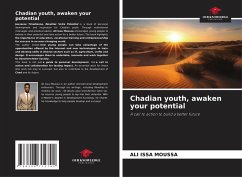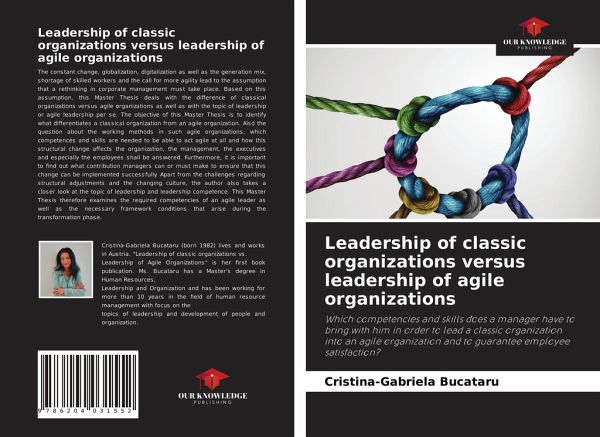
Leadership of classic organizations versus leadership of agile organizations
Which competencies and skills does a manager have to bring with him in order to lead a classic organization into an agile organization and to guarantee employee satisfaction?
Versandkostenfrei!
Versandfertig in 6-10 Tagen
25,99 €
inkl. MwSt.

PAYBACK Punkte
13 °P sammeln!
The constant change, globalization, digitalization as well as the generation mix, shortage of skilled workers and the call for more agility lead to the assumption that a rethinking in corporate management must take place. Based on this assumption, this Master Thesis deals with the difference of classical organizations versus agile organizations as well as with the topic of leadership or agile leadership per se. The objective of this Master Thesis is to identify what differentiates a classical organization from an agile organization. Also the question about the working methods in such agile org...
The constant change, globalization, digitalization as well as the generation mix, shortage of skilled workers and the call for more agility lead to the assumption that a rethinking in corporate management must take place. Based on this assumption, this Master Thesis deals with the difference of classical organizations versus agile organizations as well as with the topic of leadership or agile leadership per se. The objective of this Master Thesis is to identify what differentiates a classical organization from an agile organization. Also the question about the working methods in such agile organizations, which competences and skills are needed to be able to act agile at all and how this structural change affects the organization, the management, the executives and especially the employees shall be answered. Furthermore, it is important to find out what contribution managers can or must make to ensure that this change can be implemented successfully. Apart from the challenges regarding structural adjustments and the changing culture, the author also takes a closer look at the topic of leadership and leadership competence. This Master Thesis therefore examines the required competencies of an agile leader as well as the necessary framework conditions that arise during the transformation phase.






